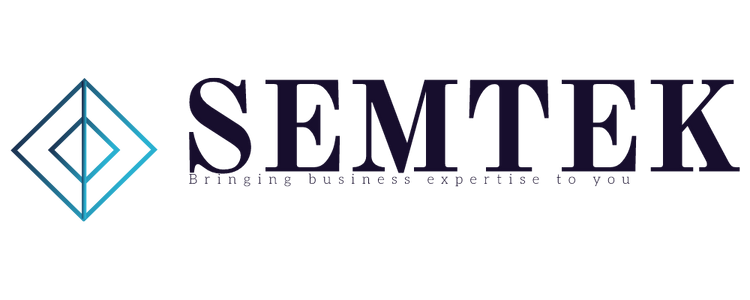Click to learn more about author Jay Chapel.
We speak to enterprises large and small about cloud cost optimization, and one of the more dominant themes we have been hearing lately is: Who should manage app development costs? Cloud Operations teams (ITOps, DevOps, FinOps, Cloud Center of Excellence, etc.) that are responsible for the management, governance, and optimization of an enterprise’s cloud resources need to get the application owners or the lines of business owners to be responsible for cost. It can’t simply be the centralized cloud team that cares about cost. Folks using cloud services on a daily basis for engineering, development, QA, testing, etc. need to take actions related to optimizing cloud costs, managing user governance and security operations.
I liken this a bit to the response to the COVID-19 pandemic, given this is the event that has defined the past 18 months. The federal government can collect data from across the country, provide resources, and publish guidelines, but ultimately the state governments need to take the actions to shut down schools and nonessential businesses, and certain counties or jurisdictions within those states can even decide if they will adhere to the state guidelines – there could be very good reasons they don’t based on data or essential businesses. We see the same underlying process in enterprises when it comes to cloud cost optimization and management.
Let’s play this out.
Cloud spend has become the largest single IT cost outside of labor and is growing 10-15% month on month. So, the CloudOps team is given a directive from finance and/or IT management to find tools or solutions to identify cloud waste and control cloud spend primarily in AWS, Azure, and Google clouds.
Then, the CloudOps team researches tools, both third-party and native cloud provider tools, and finds a couple of important things:
If the enterprise is multi-cloud, the native CSP tools are a non-starter.Tools must be data-driven, so the recommendations to reduce the app development cost are believable and actually useful.The tools must be self-service, i.e., the application owners or the lines of business need to be able to take the actions. Otherwise, they will deem CloudOps as being draconian (and push back because they know their app better … sounds like the States).
Next, CloudOps brings in a tool to do a pilot. It starts small with a sandbox account, but as data and trust build, the pilot expands to include many AWS, Azure, and/or GCP accounts that are used by the application owners. Then CloudOps determines a “friendly” line of business where the app development cost owner is keen to identify waste, reduce costs, and increase their cloud efficiency.
CloudOps and the cloud optimization vendor provide a demo to the app owners using their own data and showing them where they have waste, such as idle resources, over-provisioned resources, orphaned resources, resources that could leverage reservations, and so forth. The app owners are intrigued and are keen to understand if they are the master of their own domain.
Common questions:
Where is this data coming from? Is it reliable?Can we take our own actions? Is this self-service?What about user governance? My QA team does not need to manage resources that belong to dev or staging. Can we reject a recommendation because the app we are running requires that configuration?Can we group resources into application stacks and manage them as a single entity?Can we override an action?
In order to effectively manage the app development cost, CloudOps needs to involve the owners and users of those applications and provide them with the data and tools to make decisions and take actions. The cloud is self-service, so in order to effectively manage your cloud services, you need the optimization and governance tools to also be self-service and adapt to the needs of each business unit within your organization.
- Home page
- Content Marketing
- Digital Marketing Strategy
- Digital Marketing Strategy
- Digital Marketing Strategy
- PPC
- SEO
- Social maketing
- WordPress web development
- Data science


